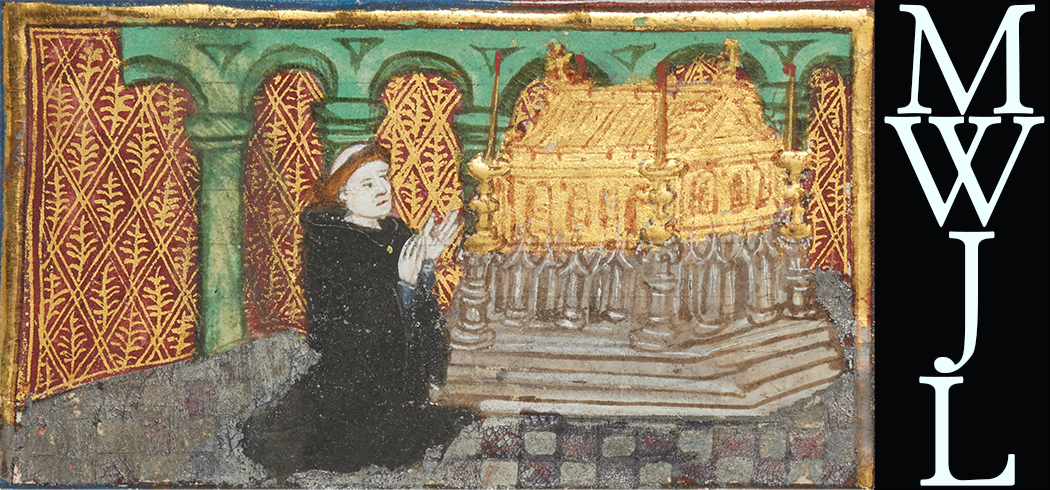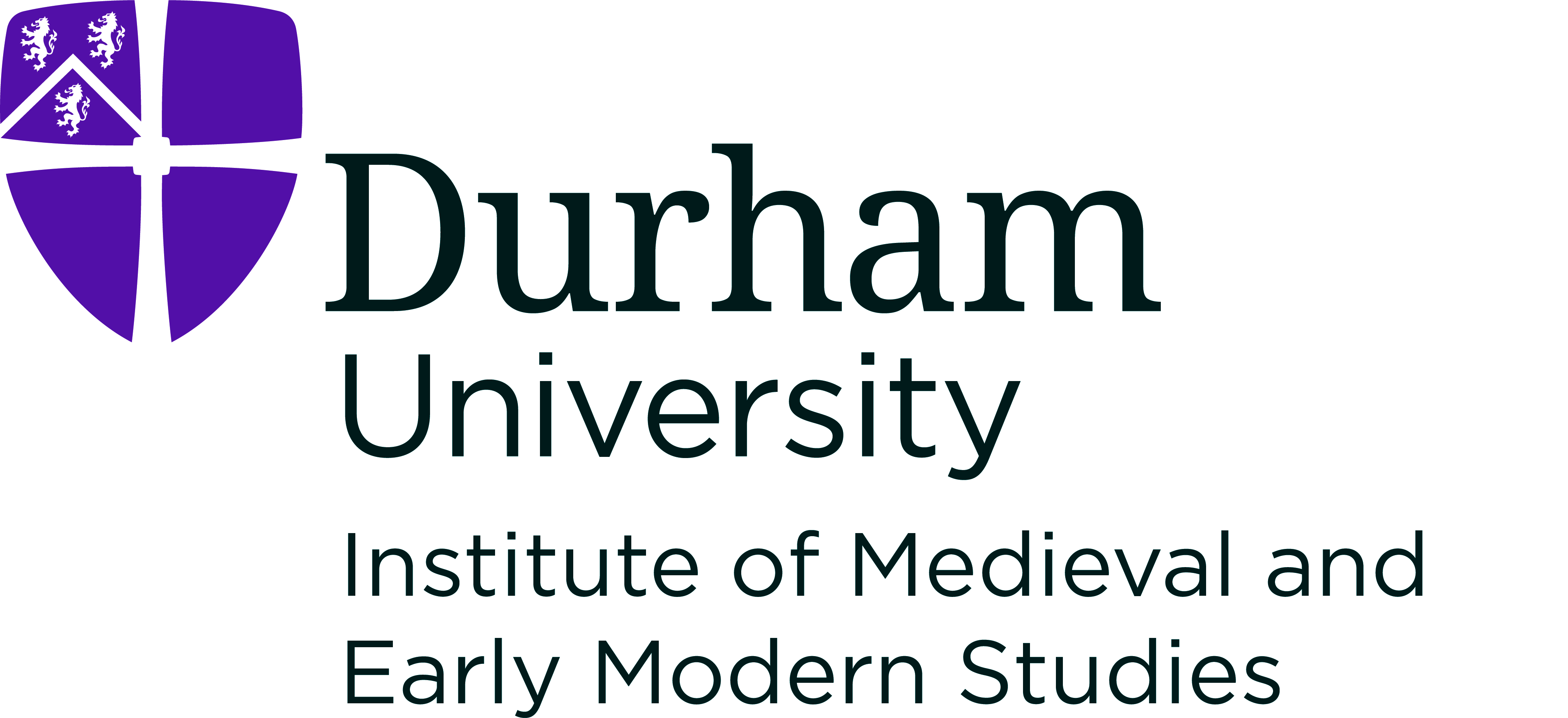 A Mumming for the Mercers of London:
British Library Additional 29729 Verses
A Mumming for the Mercers of London:
British Library Additional 29729 Verses
HomeAbout the ArchiveAbout John LydgateWorksManuscriptsAbout this ManuscriptEditorial ApparatusContactVisualization
Folio 133 Recto
Compare Witnesses: •
And of that welle drank sometyme tulius •
and macrobye full famous of
prudence •
Iohnn bocas also
flowyng in sapyence •
thoroughe that sugred bawme, awreate •
they callyd weren poetes
lawreat •
Notes
-
Bracketed on the right. ↩
-
This manuscript renders "Florence," which is what Trinity R.3.20 has, as "fra" with a line over the a indicating suspension. ↩
-
Some of the marginalia has been a victim of the manuscript trimming that eliminated an easy sense of catchwords or quire structure. There appears to be a "d" missing here. ↩
-
Similarly, the final letter in the word here is likely cut off. It's not a "y," as there is now lower bow, so what can be read is an "i." ↩
-
The word is cut off here due to trimming, but context suggests it was "kyngs." The lower bow of the "g" can be seen still. ↩
-
The scribe appears to have started to write "cuntris" but realized they were likely out of room, striking out the letters they had written. This may provide a clue as to how much of the manuscript was trimmed, but that is speculative. ↩
-
Trinity R.3.20 has "transiui" here, but there appears to be too many minims here for that to be the case in this manuscript. It's possible the scribe had an issue copying from their exemplar and struck the final glyph to make it clearer it was "transiui," however. ↩
-
The terminal "m" was cut off through trimming. ↩





